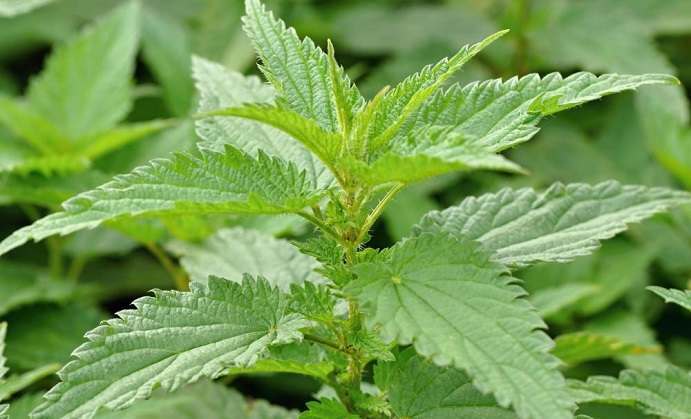The prostate is a walnut-sized gland positioned in the middle of the bladder and the penis. With age, men are likely to face prostate gland issues. The prostate secretes a fluid that nourishes and protects sperm. During ejaculation, the prostate pushes this fluid into the urethra and it is ejected with sperm as semen. As men age, problems can arise in the prostate gland, including cancer. Most prostate problems are benign, however. Benign prostate enlargement (BPE), also known as (BPH), benign prostatic hyperplasia, is a condition that affects older men. It’s mainly common among men over 60 years of age and isn’t usually a serious threat to health. The most common symptoms include urinary complications or discomfort when urinating. It can be treated well if detected in the early stages, otherwise it is more like a slow-emerging cancer. There are certain foods that aggrevate or alleviate prostate problems. It is important to discuss with your healthcare professional for proper advice.
Prostate Health and Salt
 The majority of Americans consume a lot of sodium in their daily diet. It is recommended to control sodium intake to a reduced amount of 2,300 milligrams per day and 1,500 milligrams per day for elderly people. Even though salt and sodium have not been proven to be related to prostate problems, its consumption should be reduced anyhow because it often leads to hypertension and that ultimately may lead to strokes and heart attacks.
The majority of Americans consume a lot of sodium in their daily diet. It is recommended to control sodium intake to a reduced amount of 2,300 milligrams per day and 1,500 milligrams per day for elderly people. Even though salt and sodium have not been proven to be related to prostate problems, its consumption should be reduced anyhow because it often leads to hypertension and that ultimately may lead to strokes and heart attacks.
Prostate Health and Coffee
 One study suggested that coffee may actually reduce the danger of emerging prostate cancer. In accordance with a longitudinal study, drinking six or more mugs of coffee every day reduce the chance of developing prostate cancer. However, coffee can also aggravate certain prostate problems. Caffeine in the coffee has a diuretic effect which means it increases your urge to go to the toilet so it is suggested to avoid having coffee after 6 p.m.
One study suggested that coffee may actually reduce the danger of emerging prostate cancer. In accordance with a longitudinal study, drinking six or more mugs of coffee every day reduce the chance of developing prostate cancer. However, coffee can also aggravate certain prostate problems. Caffeine in the coffee has a diuretic effect which means it increases your urge to go to the toilet so it is suggested to avoid having coffee after 6 p.m.
Prostate Health and Sugar
Highly processed food and refined sugar increases your chances for different medical conditions. According to one study, the connection between high blood sugar, obesity, and (BPH) benign prostate hyperplasia was observed. It was stated that an enlarged prostate is expected in men who have elevated glucose levels, placing them 3 times more at risk. It has also been suggested in other research that a healthy, balanced daily diet and cutting down the amount of sugar consumed, reduces the chances of prostate cancer. However, you should never shift to artificial sweeteners to replace the sugar because they are among the most harmful ingredients in processed foods. If you really desire something sweet, try to eat something more prostate friendly such as fruits.










